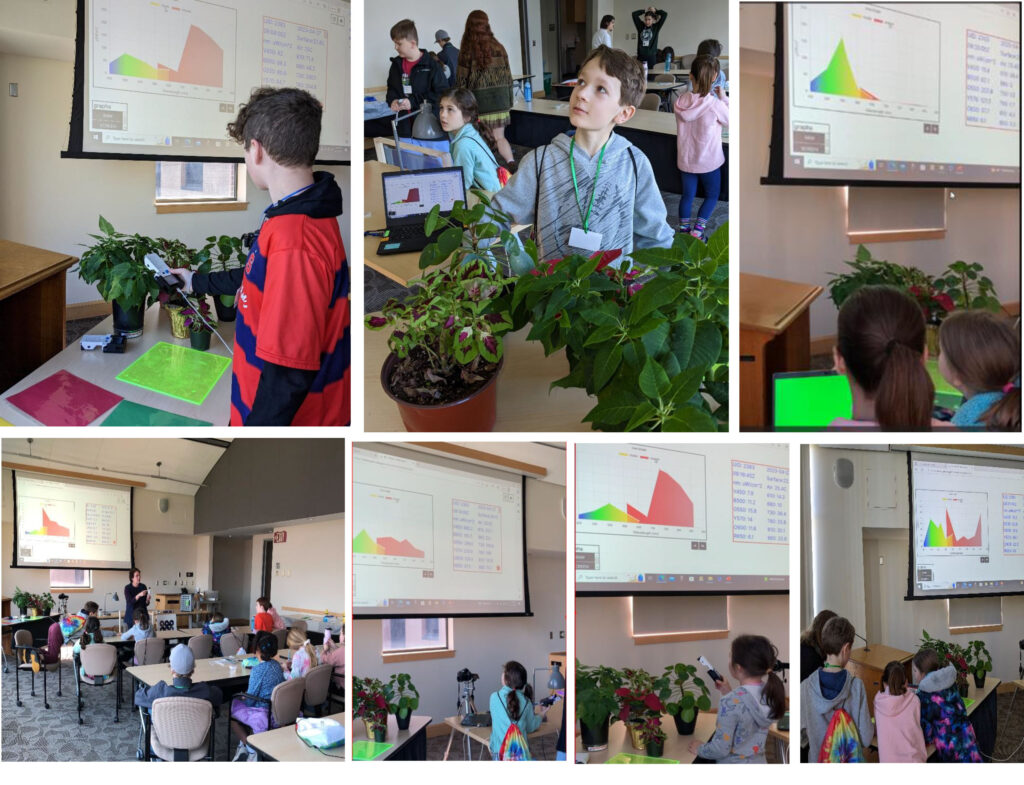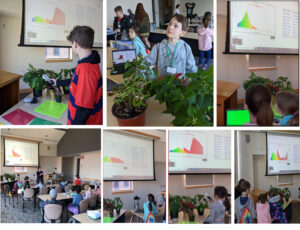
Heads of Government from major forest countries and partner countries joined together on Nov. 30, 2015 to endorse forests as a key climate solution. They recommitted to providing strong, collective and urgent action to promote equitable rural economic development while slowing, halting and reversing deforestation and massively increasing forest restoration.
Leaders’ Statement on Forests and Climate Change
“We, leaders [of Australia, Brazil, Canada, Colombia, Democratic Republic of Congo, Ethiopia, France, Gabon, Germany, Indonesia, Japan, Liberia, Mexico, Norway, Peru, United Kingdom, and the United States], today in Paris on November 30th 2015, recognize the essential role forests play in the long-term health of our planet, in contributing to sustainable development, and in meeting our shared goal of avoiding dangerous climate change. More than a billion people depend directly on forests for their livelihoods, and the remaining six billion of us depend on forests for a variety of economic, social, and environmental benefits such as the rainfall, biodiversity, pollinators, carbon storage, and clean water they provide. Forests also play a critical role for many countries in their ability to adapt to a changing climate.
“One of the great challenges of our time is providing adequate food, fuel, feed and fiber for growing populations while reducing deforestation, and forest, land and peat degradation. Millions of hectares of forest are lost every year across the globe. However, we are convinced it makes economic, social and environmental sense to protect and restore forests while growing rural economies, ensuring food security, and promoting development in a sustainable and equitable manner.
“In New York this September, countries agreed as part of the new Sustainable Development Goals to halt deforestation, sustainably manage and restore natural forests, substantially increase afforestation and reforestation globally—and to mobilize and significantly increase financial resources from all sources to achieve these goals. Under the UNFCCC we have agreed to collectively slow, halt and reverse deforestation and to provide incentives to support developing countries in this effort through the framework for Reducing Emissions from Deforestation and Forest Degradation (REDD+). Countries are also putting forward important national mitigation and adaptation contributions, including actions to conserve forests and peatlands. These form a firm basis for our actions and financing—to 2020, 2030 and beyond.
“We are committed to intensifying efforts to protect forests, to significantly restore degraded forest, peat and agricultural lands, and to promote low carbon rural development. To scale up ambition and demonstrate political leadership, we are committed to collectively continue to support and implement at significant scale national REDD+ and sustainable land-use and climate change programs and, importantly, to generate and reward verified results.
“We understand the important role of private sector efforts to move towards zero-deforestation commodity supply chains. In this context, we emphasize that investments to increase sustainable production, especially for smallholders, and to use forest resources sustainably, are critical to equitable and effective development. We also note the contributions of indigenous peoples, local communities and other forest-dependent communities—traditional guardians of forests—and broader civil society efforts.
“While the main source of emissions comes from the burning of fossil fuels, the mitigation of which is absolutely needed to prevent catastrophic climate change, reducing emissions from and enhancing removals through forests can reduce billions of tons of emissions per year and are essential to preventing dangerous climate change.
“Success will require concerted action and strong support by countries, the private sector, and civil society. We, as leaders, will not shrink from this challenge. We are committed to do our part as governments and invite others to join us in partnership to reverse deforestation in our lifetimes. Many announcements and partnerships on forests and climate change will be showcased as part of the Lima Paris Action Agenda. This momentum compels us to deliver a successful outcome in Paris for the good of the climate, humanity and the world’s forests.“

Scenes from the Polar Night
Landsat satellites have begun regularly acquiring images of ice at the poles during the winter, with enlightening results.





